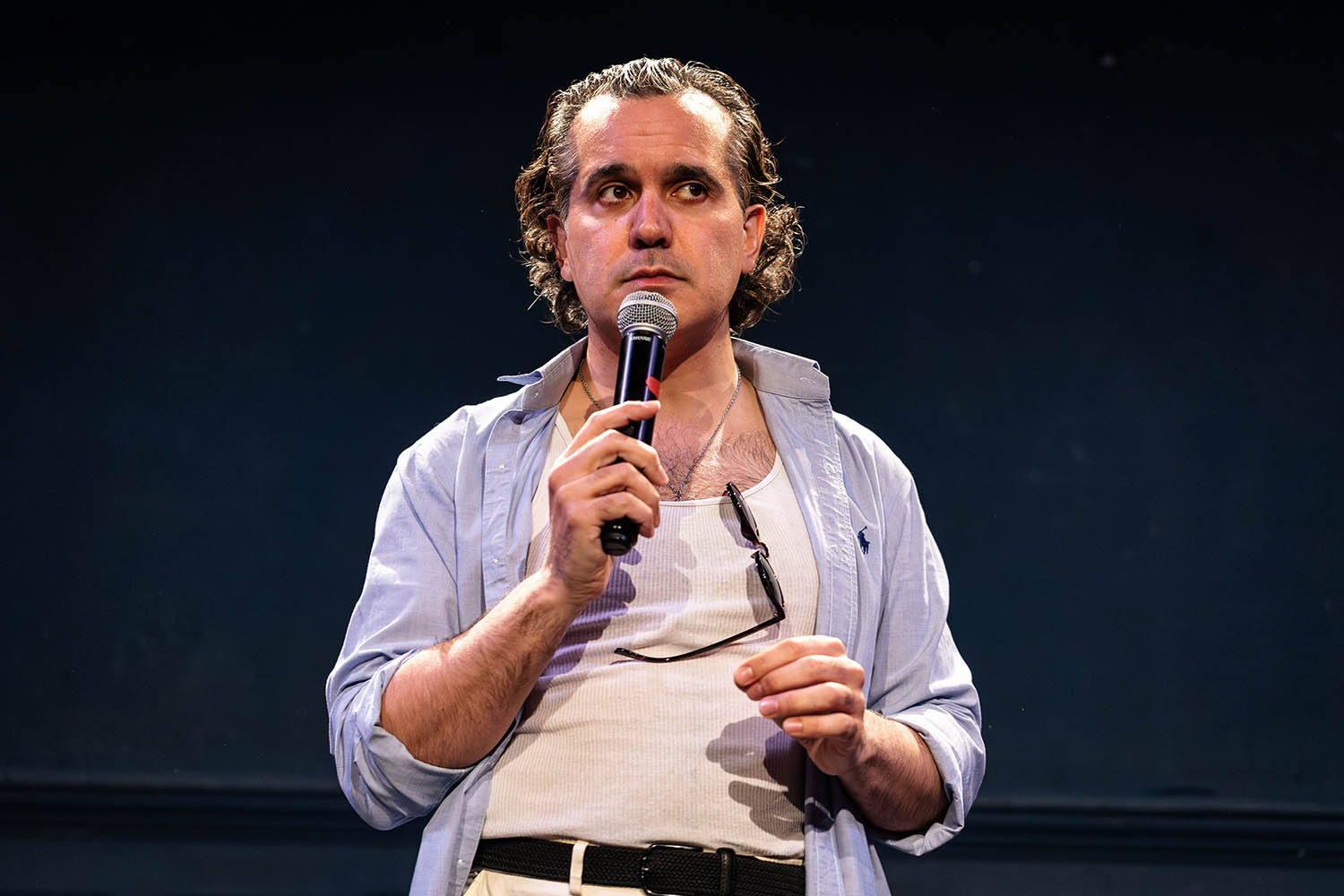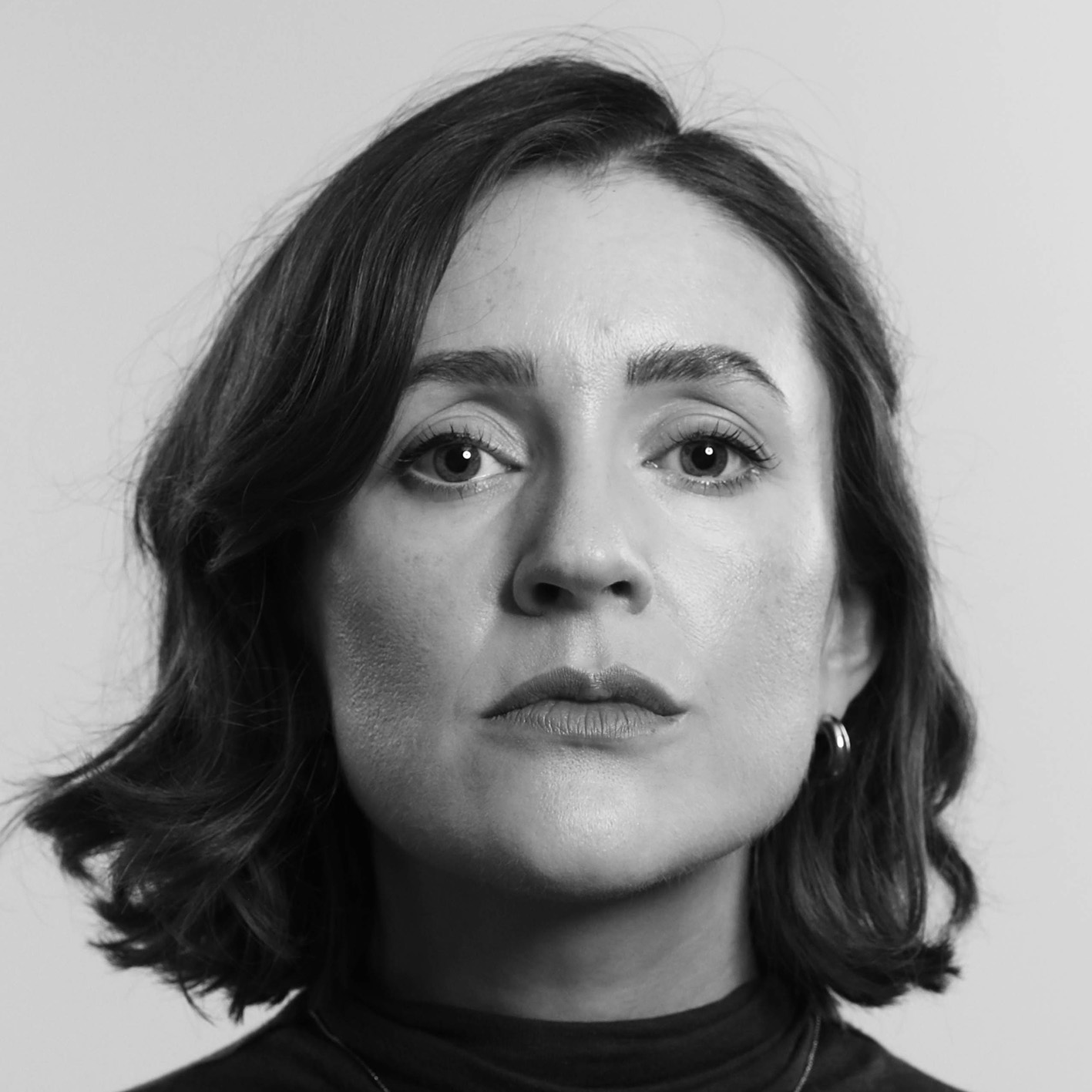It’s one of those shows about which word is passed from person to person as they cross paths around Edinburgh, yet Sami Abu Wardeh’s Palestine: Peace de Resistance was a last-minute addition to this year’s Fringe.
The show blends storytelling, music, clowning, puppetry and standup in an ambitious response to the genocide in Palestine. “It’s about history, and women resistance fighters in Algeria, and my father, and my relationship to being Palestinian,” says Abu Wardeh. “But, first and foremost, it’s comedy.”
The Irish-Palestinian artist originally devised the show with the director Sam Beale for PalArt festival – a showcase for Palestinian arts and theatre in London. “Over the last 22 months, a lot of people in the west have been struggling to get their heads around what is an appropriate response [to the war in Gaza],” Abu Wardeh says. “Conversations around not just resistance, but what world do we want to live in, how do we build it together? Those conversations have to happen now.” A cancellation in the Pleasance’s programme allowed Abu Wardeh to bring his show to a wider audience.
It centres on Merguez, a “macho buffoon” wandering the Mediterranean seeking pleasure. His path is altered by an Algerian woman fighting against French colonisation of her homeland. Each chapter is presented by a Dave Allen-esque character, who interjects with one-liners and spins out the tale of Abu Wardeh’s own Palestinian heritage and his father’s role in the Palestine Liberation Organisation. The tension is punctuated by a frenzied musical number or a mime interlude.
Why make something funny out of something so serious? During PalArt, a Gazan journalist who’d lost family members thanked Abu Wardeh for making her laugh. “There are people who are devastated by what’s happening, who need to feel safe to have a laugh,” Abu Wardeh says. “Finding a way to make people laugh is restorative.”
There are stories at the heart of the show other than those of Abu Wardeh and his father. “I was fascinated by the mujahidah, the Algerian women who’d dress as westerners, go into the Marine quarter where the French colonisers were based and cause havoc.”
Regarding the character of Merguez, Abu Wardeh says: “You don’t know where he’s from, where he’s going, what he’s doing in life. That relates to the Palestinian diaspora identity: we fit in wherever we go because we have to.”
Abu Wardeh’s father was displaced multiple times, and he himself lived in nearly 20 different places before he turned 18. There’s a sadness in feeling adrift, he says. “But there’s a great power in that as well. Being the eternal outsider means you can see things that other people don’t see.”
Photograph by Zoe Birkbeck
Newsletters
Choose the newsletters you want to receive
View more
For information about how The Observer protects your data, read our Privacy Policy

